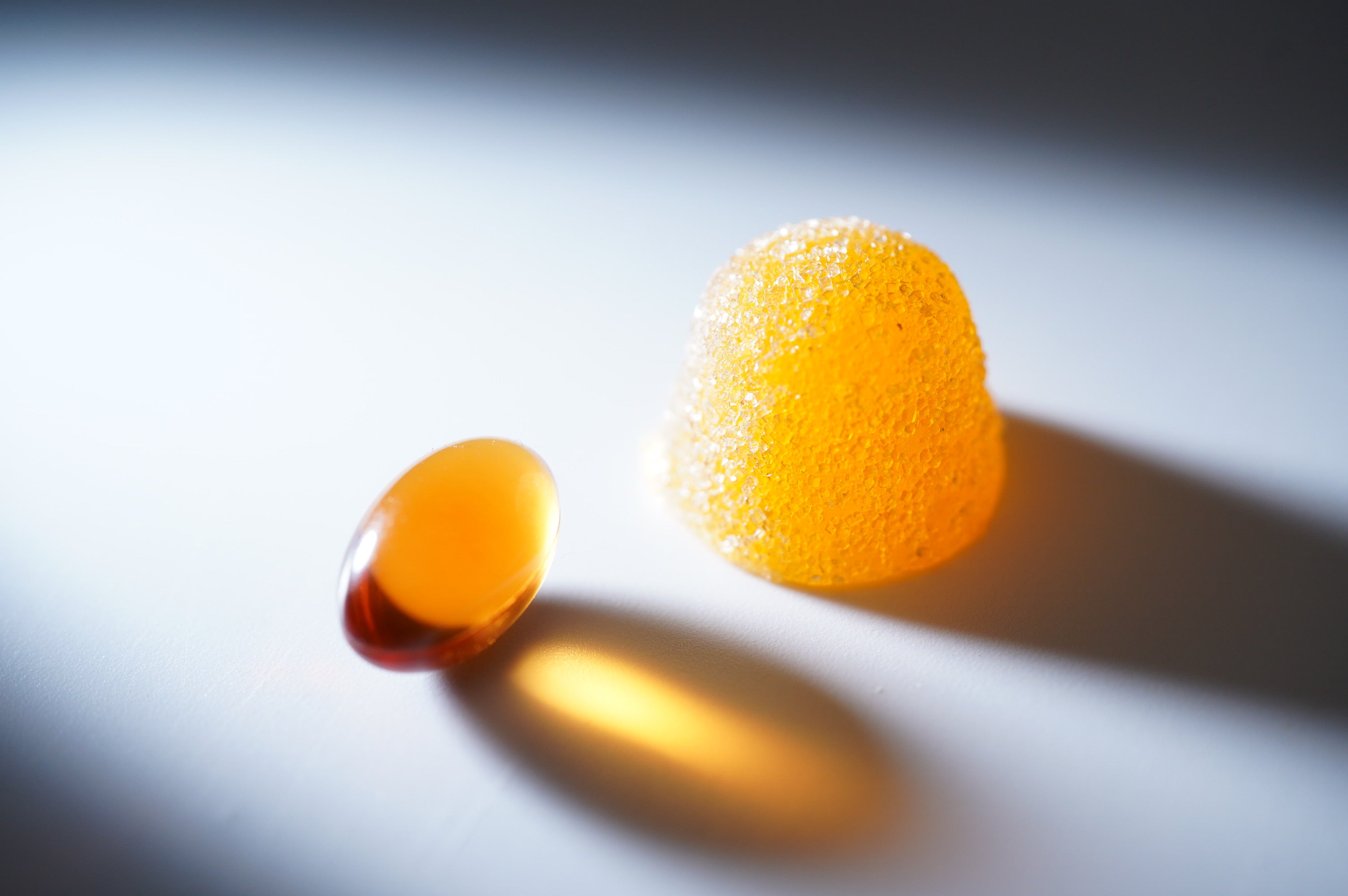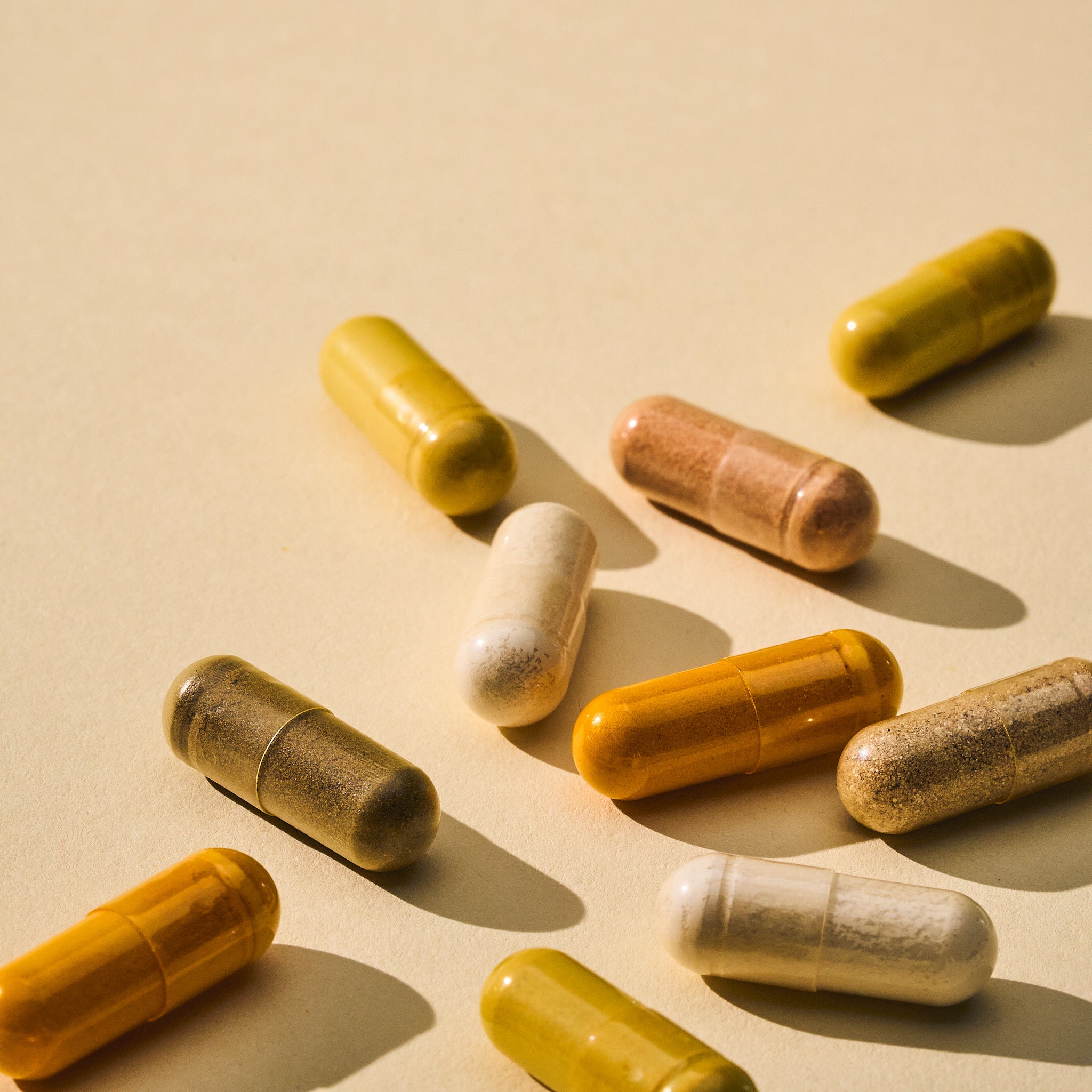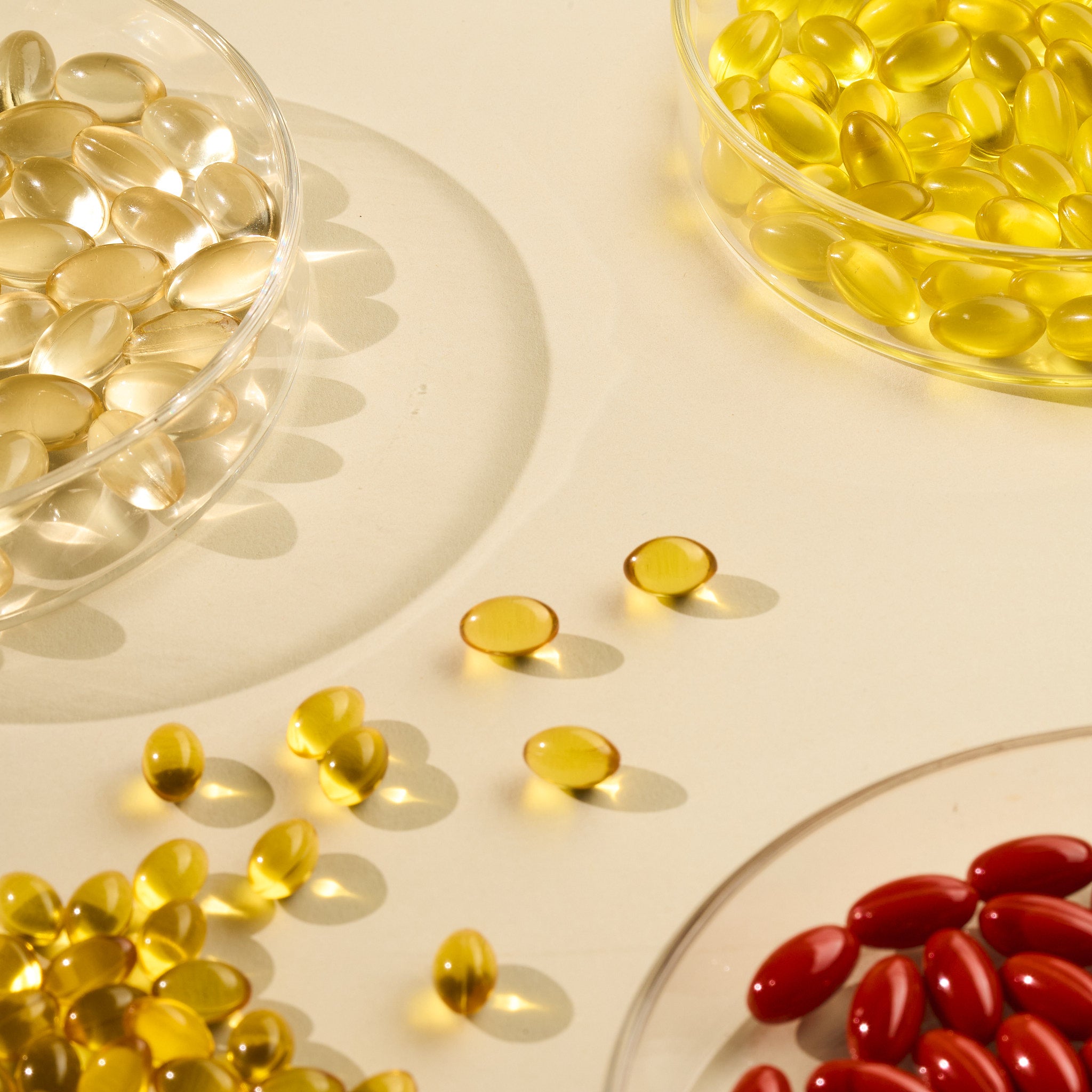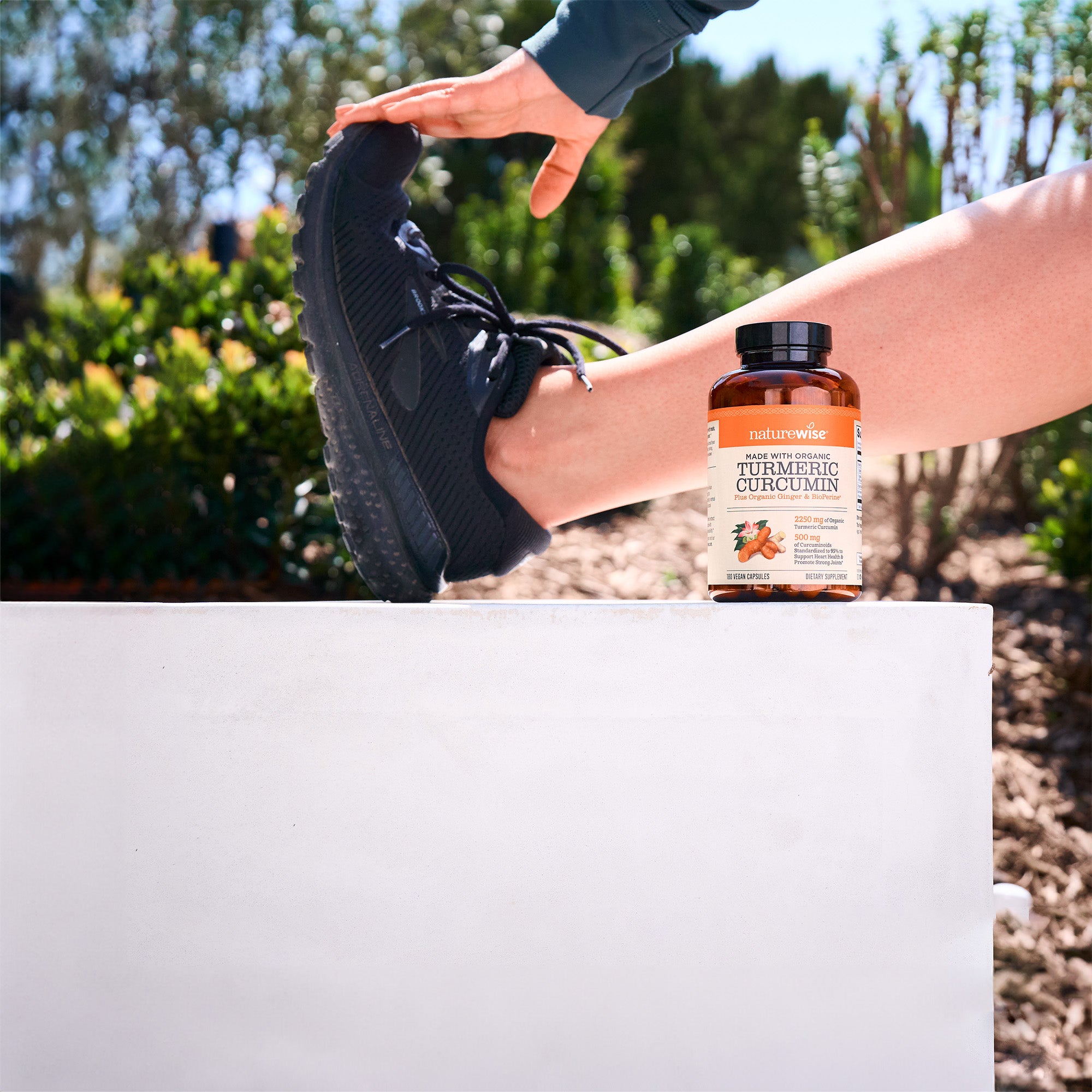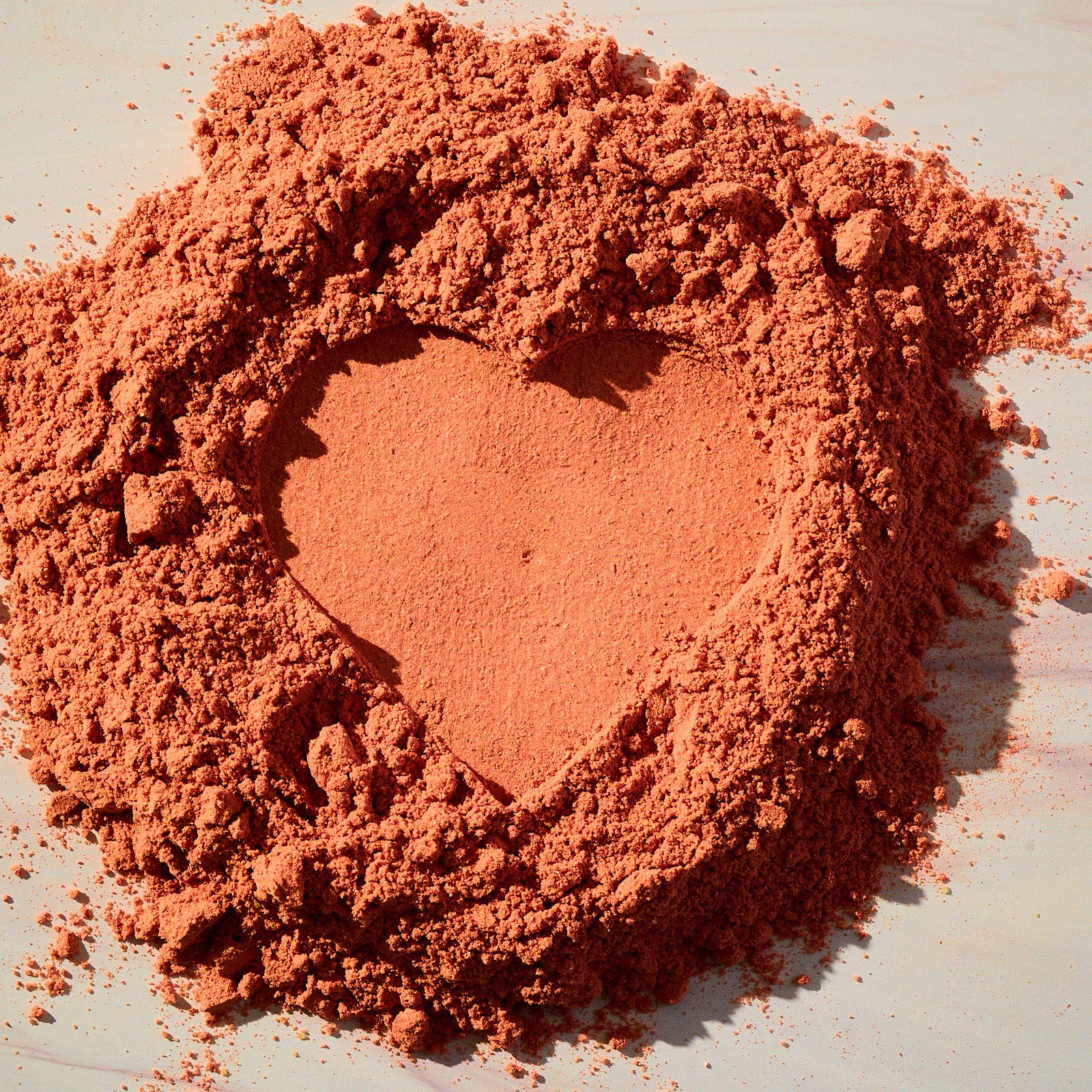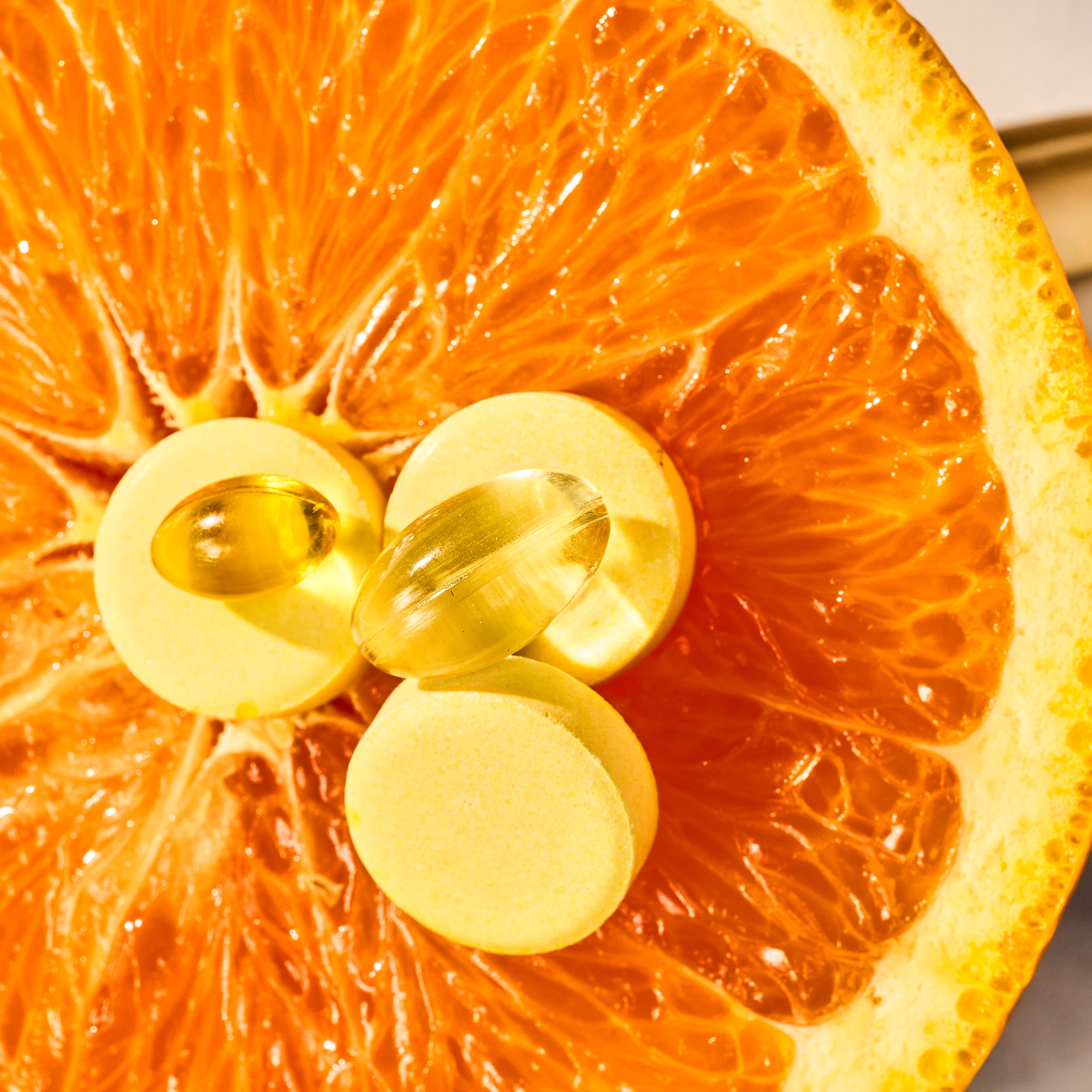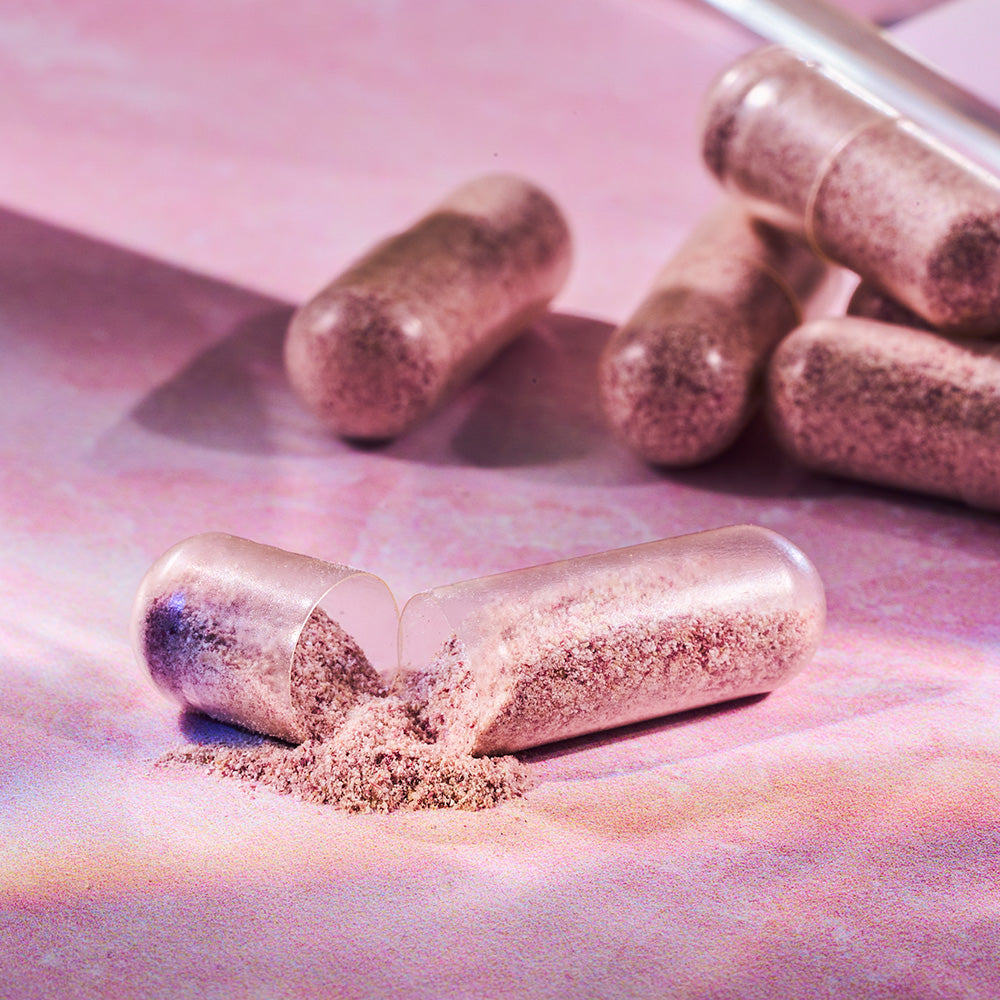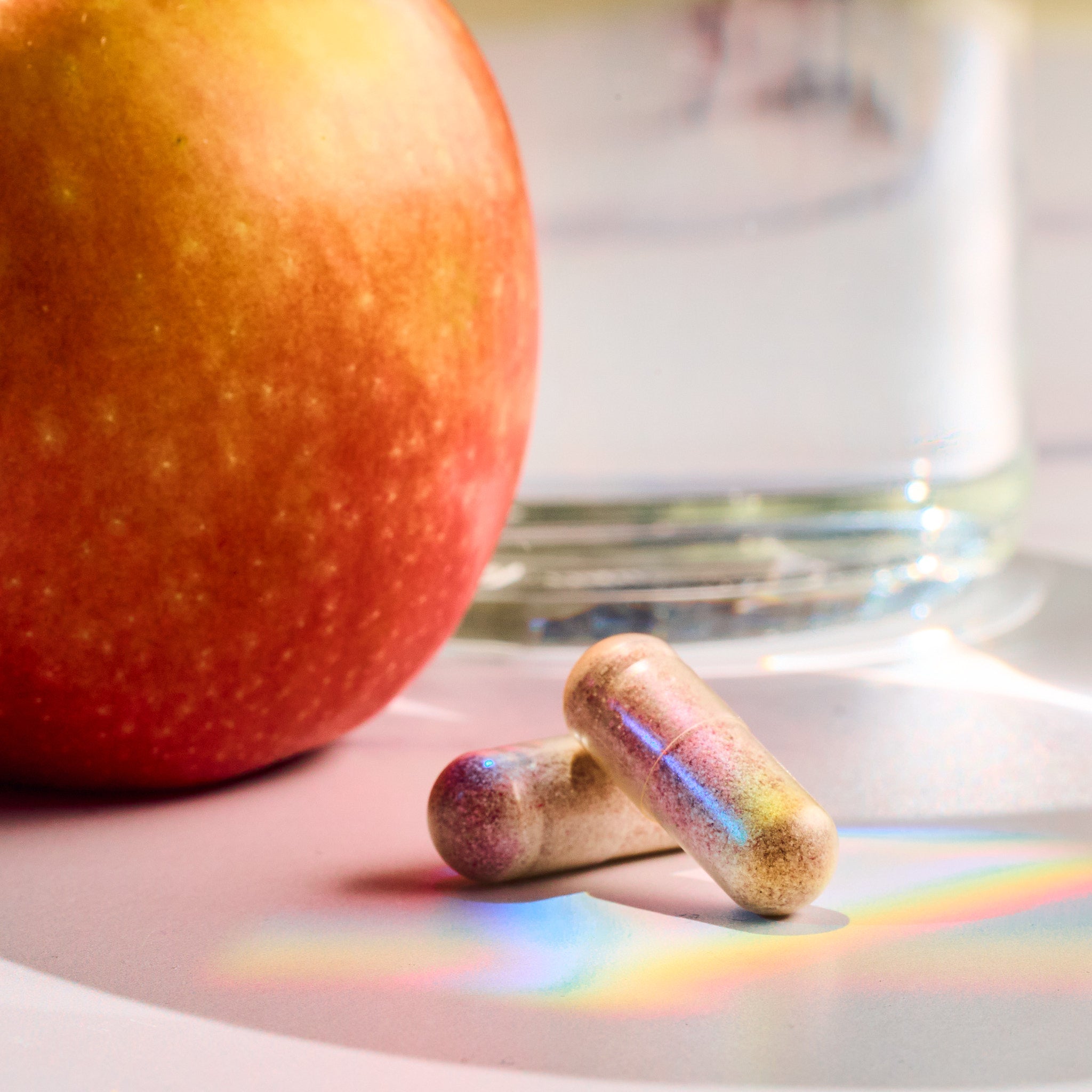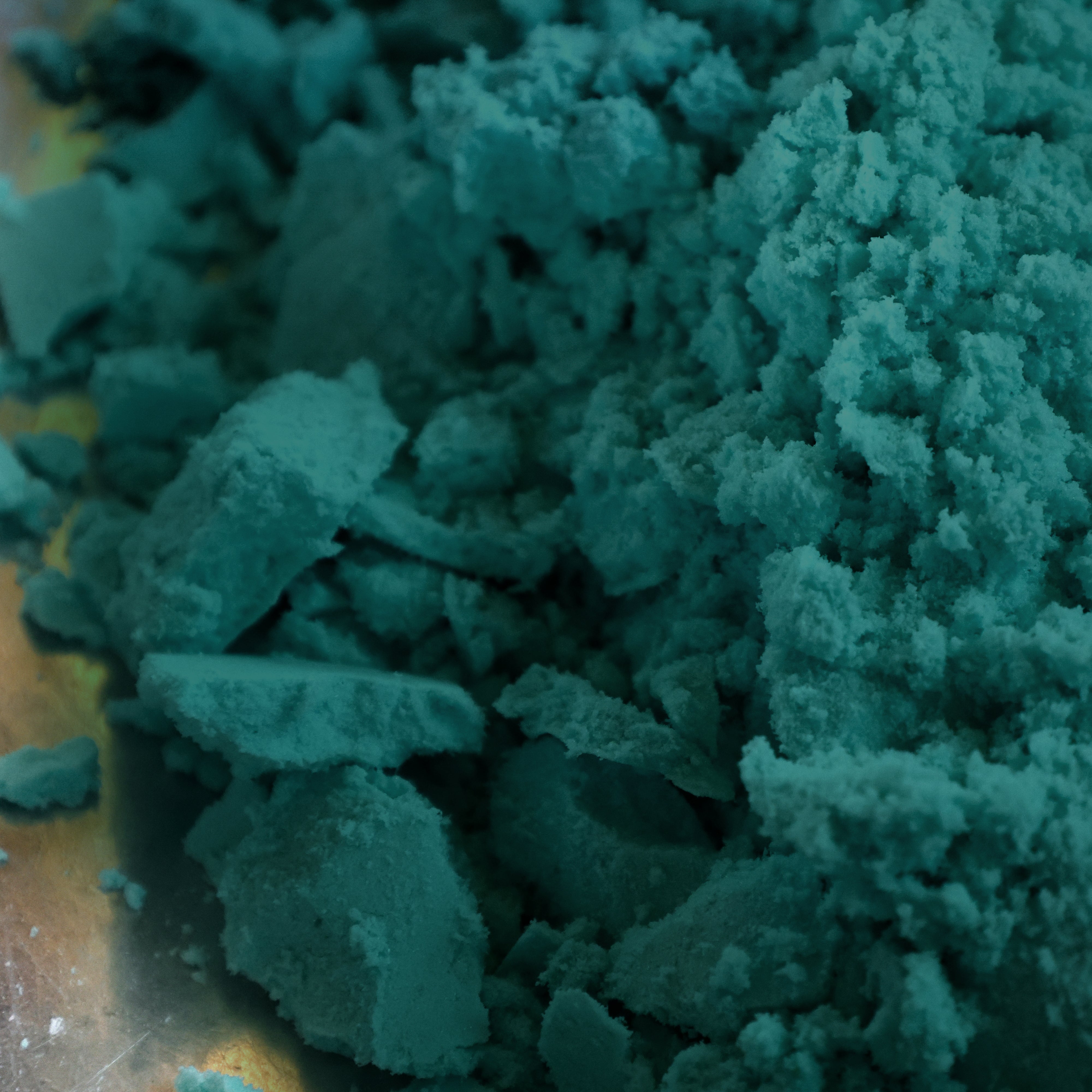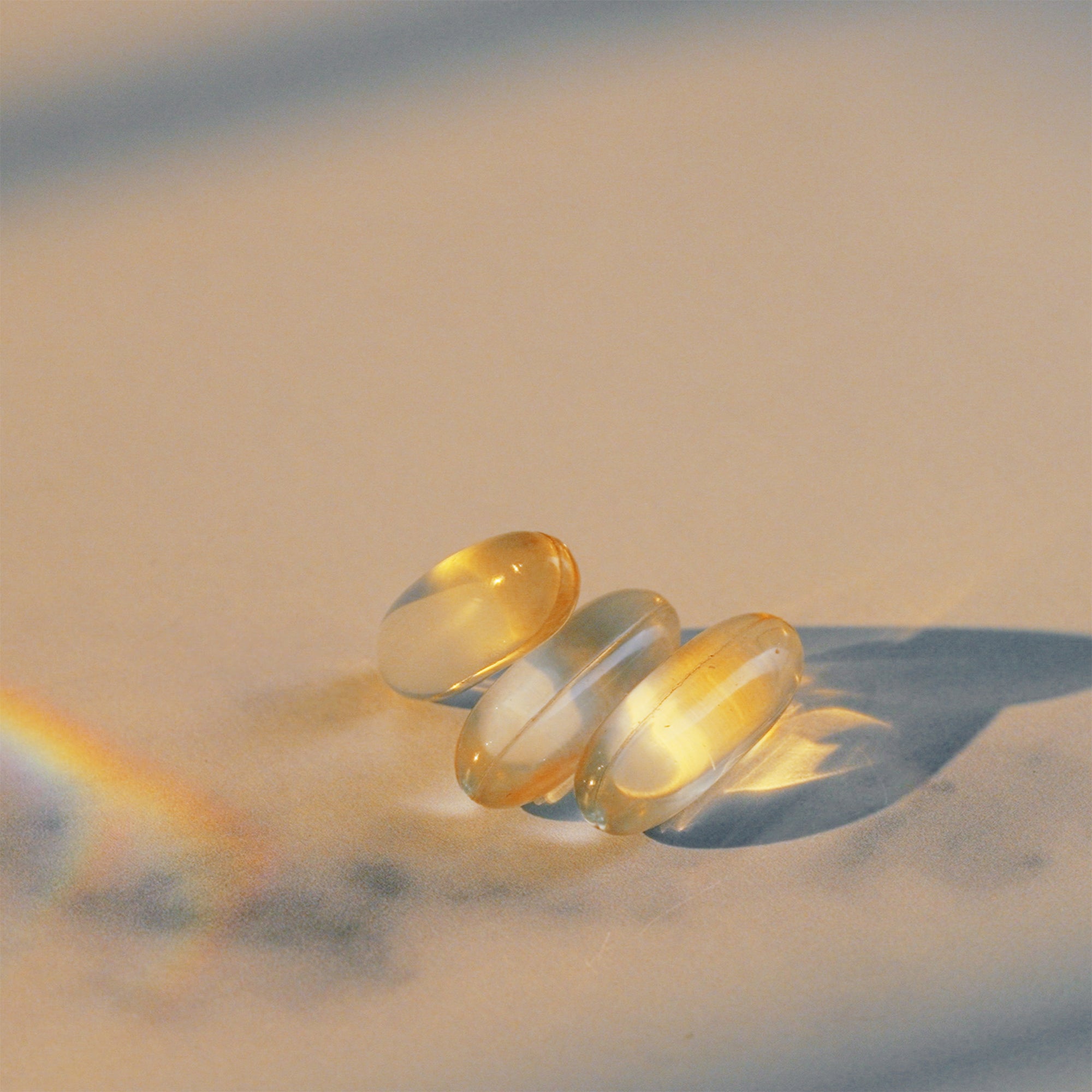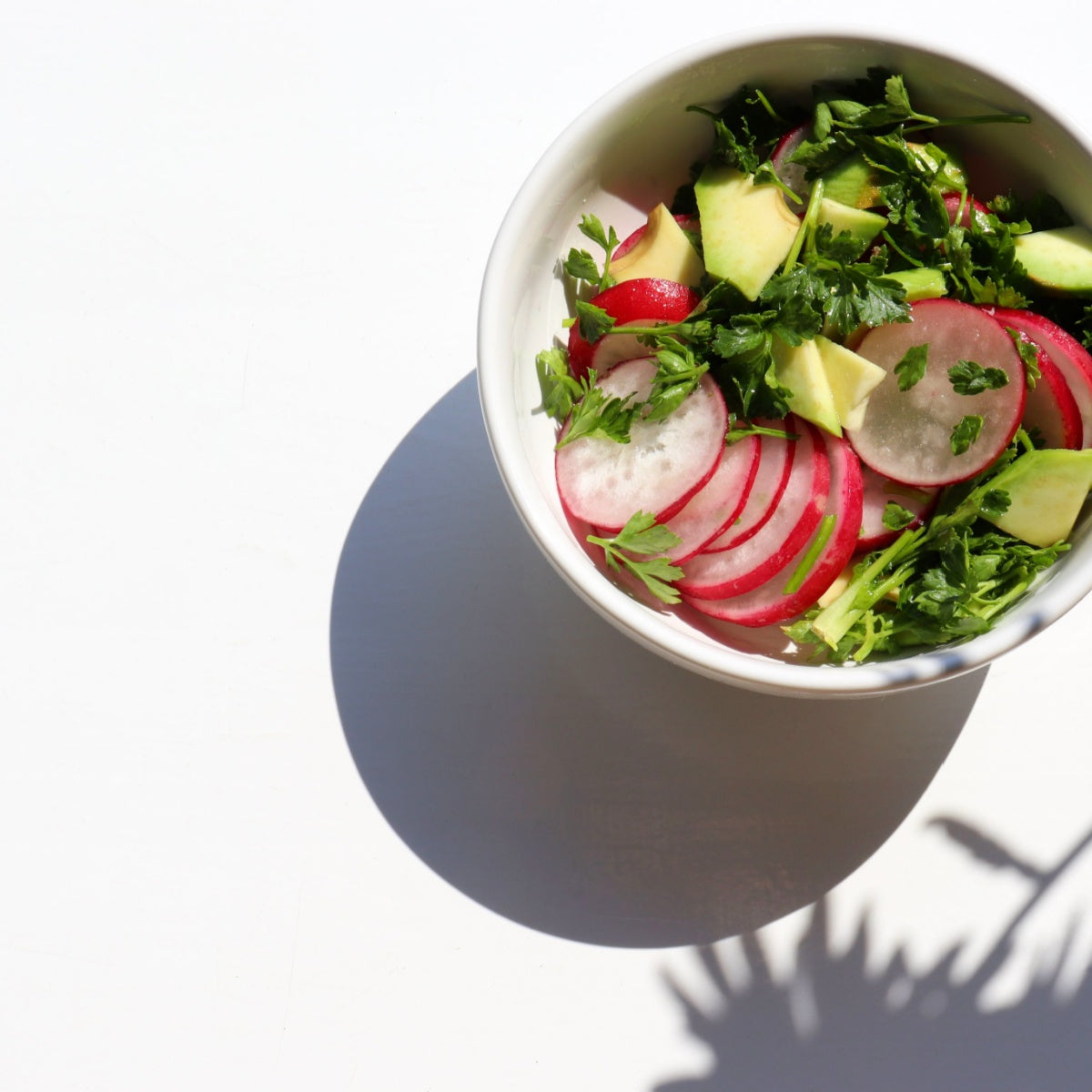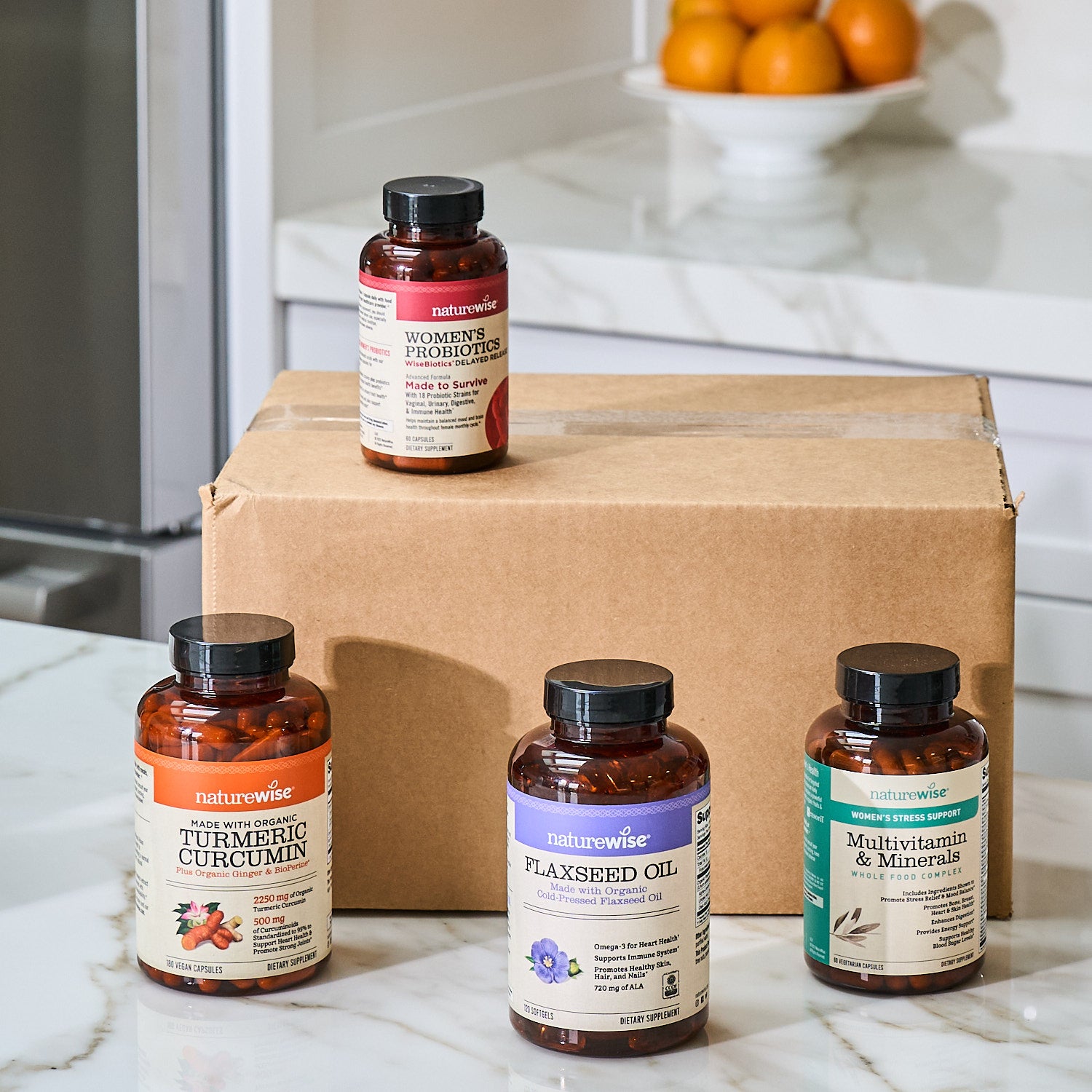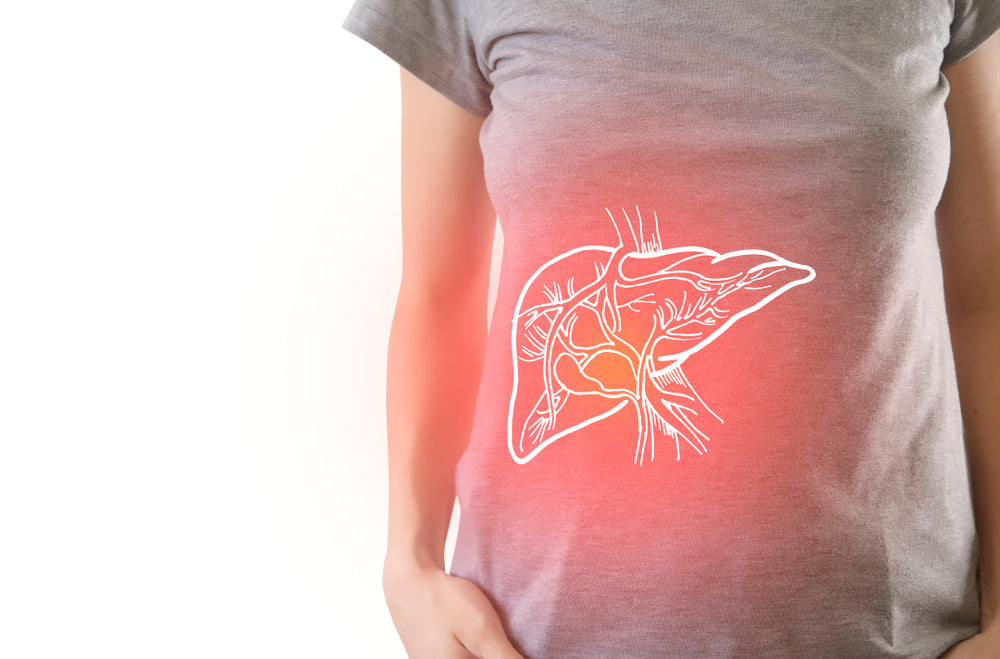How often do you think about your liver? For many of us, it's not often. Maybe we've only thought about the liver in the context of biology class or while reading the occasional warning label on a medication. However, we ought to think about the liver more often; it performs hundreds of necessary functions that keep us healthy.
Because the liver performs so many essential functions, liver health can determine the quality of our overall wellness. Read on to learn how you can support your liver’s ongoing health!
What Does the Liver Do?
The liver has several jobs. It filters our blood to remove toxins and old red blood cells. It also produces bile, the fluid we need to break down the food we eat. Additionally, a healthy liver regulates blood clotting, immune responses, and glucose levels in our blood. For these reasons, the liver is regarded as one of the most vital organs in the human body.
Maintain a Healthy Liver With These Tips
You can support liver health by making adjustments to your day-to-day life. Follow these tips for better liver health:
1. Enjoy blueberries and other foods with high levels of antioxidants.

Antioxidants are particularly important to liver health. When the liver metabolizes food, it produces free radicals. These unstable molecules are a natural by-product of our metabolic system but can threaten our health in high amounts. In fact, too many free radicals have been linked to cell damage and they may contribute to the onset of diseases like cancer and Parkinson’s disease.
Combat the accumulation of free radicals and maintain a healthy oxidative/antioxidative balance in the liver by consuming foods that are rich in antioxidants.
Foods that contain high levels of antioxidants include blueberries, strawberries, goji berries, raspberries, beets, and spinach.
2. Indulge in a cup of coffee from time to time.
A cup of joe may actually encourage liver health! Interestingly enough, a recent study found that coffee drinkers experienced a reduced risk of developing chronic liver disease. And fortunately, it seems you can benefit your liver by drinking any kind of coffee, including instant and decaffeinated coffee. (However, caffeinated ground coffee showed the most promise in driving associated health benefits!)
Before you go crazy with the coffee consumption, keep in mind that caffeinated coffee can have other effects, like disrupting your sleep schedule. But as long as you stay mindful of your body’s reaction to coffee (or opt for decaf), feel free to enjoy a coffee here and there with an easy mind.
3. Prioritize good fats over bad fats.
One of the conditions that causes the most damage to the liver is nonalcoholic fatty liver disease (NAFLD), which occurs when too much fat accumulates in liver cells. This disease is the most common chronic liver disease in the United States and can lead to liver scarring. In worst-case scenarios, NAFLD can even lead to liver failure.
To prevent this and keep your liver healthy, stay mindful of what kind of fats you’re consuming.
- “Good” fats include monounsaturated and polyunsaturated fats, which provide nutrients your body needs to build essential components like cell membranes. Sources of these fats include avocados, nuts, olive oil, salmon, and flaxseeds.
- Trans fat is unhealthy fat, because it increases the risk of inflammation and insulin resistance. Trans fats can be found in fried foods, margarine, and doughnuts.
When in doubt, read the nutrition labels of the foods you consume to help keep the intake of unhealthy fats to a minimum!
4. Avoid inflammatory foods, like fried foods.
Inflammation is harmful to the body in more ways than one, and it can be catastrophic to the liver. Inflammation within the liver can lead to dangerous conditions like liver cancer and liver failure.
A simple way to prevent the disruption of liver function is to avoid foods that promote inflammation. This includes red and processed meat, high-sugar drinks like soda, and fried foods. To further promote your liver health, add more anti-inflammatory foods (like fish with omega-3 fatty acids, avocados, and grapes) into your diet!
5. Implement a well-balanced, high-fiber diet.
Here's another reason to include more fiber into your diet: fiber may help protect against inflammation! Keep your liver in its best state by consuming high-fiber foods. Try foods like oatmeal, nuts, apples, and whole wheat bread to supplement your dietary fiber intake.
6. Limit alcohol intake.

Liver health and alcohol intake are closely linked. Since the liver breaks down the foods and drinks we consume, excessive alcohol consumption is harmful to the liver. Drinking too much alcohol will damage the liver as it tries to process the excessive alcohol in your system. This leads to scarring in the liver (also called cirrhosis) and increases complications in liver function.
This is why healthcare professionals recommend drinking in moderation! Your liver can only handle so much.
7. Exercise daily.
In addition to limiting "bad" fats, you can exercise daily to keep nonalcoholic fatty liver disease at bay. Exercise has been proven to improve fatty liver disease and will improve your health in more ways than one.
8. Be mindful of over-the-counter medicine consumption.
Do you read the labels of your medications closely? Many of us overlook the warning labels of over-the-counter painkillers like Tylenol. However, following safe consumption of the medication you take is imperative to liver health. The liver processes any type of drug, even the everyday painkillers we often take without a second thought.
The warning label is there for a reason. Follow the recommended dosage at all times, and refrain from simultaneously consuming other function-altering substances!
9. Refrain from smoking.
Smoking affects more than just the respiratory system! Smoking has been identified as a possible risk factor for the development of nonalcoholic fatty liver disease and it promotes a general risk of chronic inflammation.
10. Get vaccinated.
When it comes to the liver, take care to avoid getting hepatitis. Hepatitis refers to the inflammation of the liver, but various forms of hepatitis can be caused by viruses that infect your body:
- Hepatitis A spreads when a person ingests fecal matter, often via contaminated food, objects, or drinks.
- Hepatitis B spreads when the body fluid (like blood or semen) of a person infected with hepatitis B virus enters an uninfected body.
- Hepatitis C spreads similarly to Hepatitis B but transmits specifically through blood.
To prevent liver function disruption and damage from viral hepatitis, get vaccinated for Hepatitis A and B. (Unfortunately, there is no vaccine for Hepatitis C just yet.)
11. Stay away from used or contaminated needles.
Since hepatitis B and C spread through bodily fluids, contaminated needles pose a great danger to the liver and overall health. In addition to intravenous drug use, contaminated needles can be a threat during piercing or tattooing procedures. When getting a tattoo or piercing, visit professionals who only use sterilized equipment. And in any case that your skin is pierced with a needle that may not be sterile, contact a doctor right away.
12. Follow basic hygiene protocol.

Basic hygiene protocol is simple but can prevent the risk of many dangerous infections and diseases like hepatitis A, B, and C. Prevent the spread of infection by washing your hands for at least 20 seconds with soap. Don’t forget to scrub underneath your nails and between your fingers, too!
13. Stay mindful of commonplace toxins.
When toxins enter our bloodstream, the liver screens them out as a part of its regular blood-filtering process. Everyday cleaning products like drain cleaner can contain toxins that can cause liver damage, so always read the warning labels! Plus, adopt safety protocol by wearing goggles, gloves, and/or masks.
14. Check in with your doctor regularly.
The best way to maintain a healthy liver is to get regular checkups with your primary care team. This will help you understand if any of your lifestyle choices contribute to a higher risk of liver damage. Plus, you can create a clear plan of preventative measures to keep your liver healthy.
